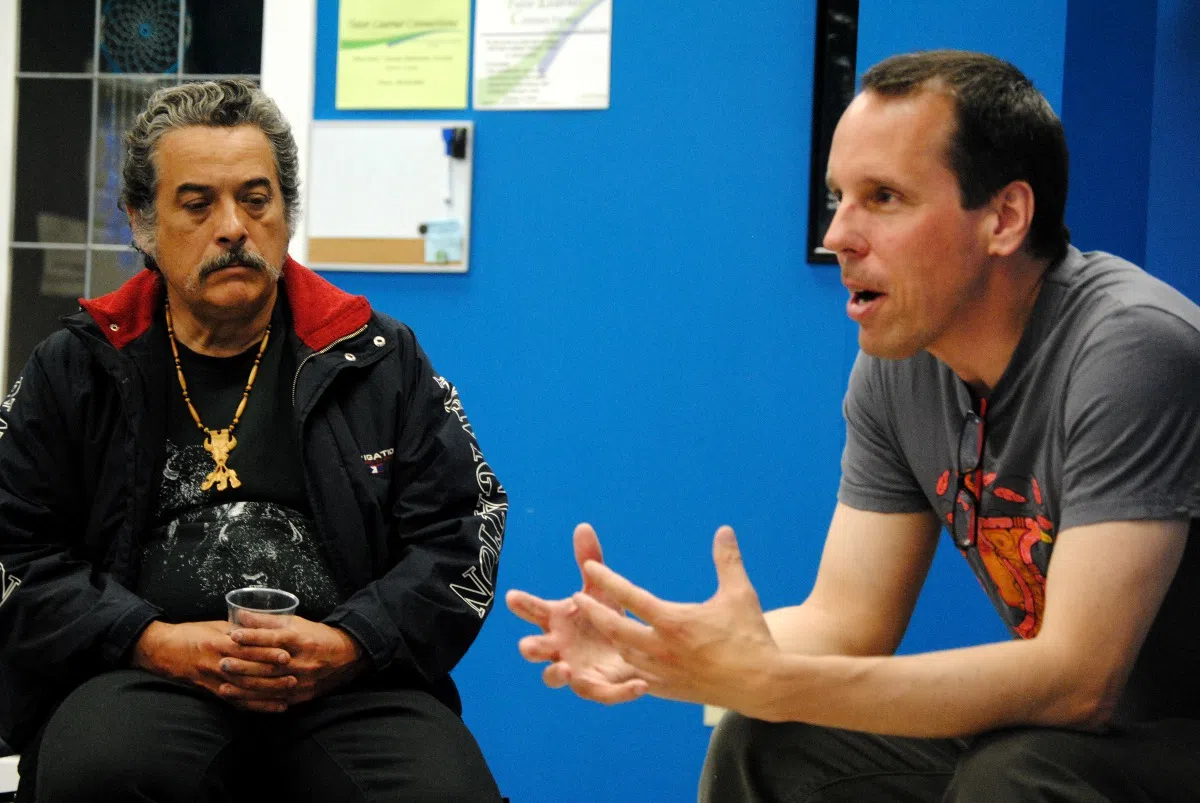
POLL: Speaking tour aims to highlight funding gap for First Nations kids
A handful of people gathered in the Indian Métis Friendship Centre in Prince Albert to discuss education for First Nations youth on Sunday.
The event was a part of a speaking tour held by Amnesty International, taking the organization to cities and towns across the province. The tour coincides with the sixth anniversary of Parliament’s apology for residential schools. Its aim is to raise awareness about a national campaign, ‘Our Dreams Matter Too.’ The campaign will be led by the First Nations Child and Family Caring Society of Canada.
Craig Benjamin, Amnesty International campaigner, who led Sunday’s talk, said at its heart the campaign is about fairness for First Nations children.
“It’s about closing the gap in the funding available for basic services like education, health care, child and family services, and making sure those services that are available to First Nations kids on reserve are good quality, are consistent with their own culture and traditions and meet the needs for the next generation,” he said.


